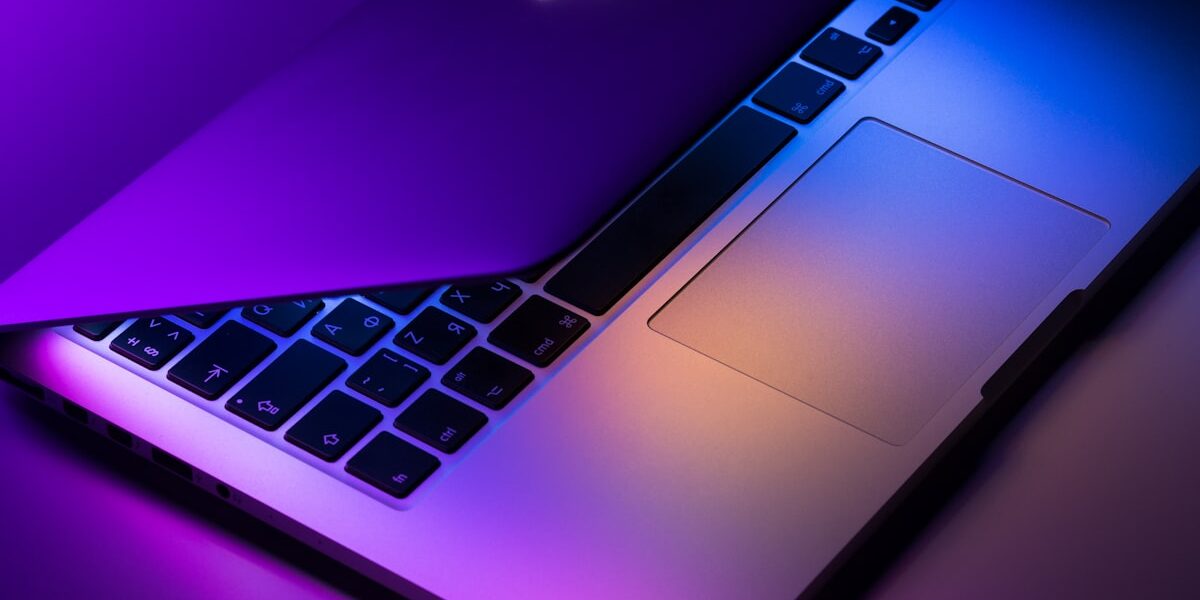Does the Government use Macbooks?
Does the Government use Macbooks?
The question of Macbooks in government has gotten complicated with all the procurement regulations, security certifications, and agency-specific requirements flying around. As someone who worked in federal IT and saw firsthand how agencies make technology choices, I learned everything there is to know about where Macs fit in government operations. Today, I’ll share what actually happens behind the scenes.
The Current State of Technology in Government
Government agencies use a wide range of technology. The choice depends on various factors including security, cost, and functionality. Traditionally, many departments rely on Windows-based systems due to their enterprise management capabilities. But that picture is changing.
Security Concerns
Security is paramount in government operations. Macbooks, known for their robust security, are sometimes preferred. That’s what makes Apple’s security stack endearing to us government IT folks — features like T2 security chips, encryption, and secure boot options work out of the box.
Cost Considerations
Cost is another important factor. Macbooks tend to be more expensive upfront compared to standard PCs. However, they can offer lower total cost of ownership through longevity and fewer malware incidents.
Examples of Macbook Usage in Government
Not all government sectors use the same type of technology. Here are some examples where Macbooks play a role.
Intelligence Agencies
Intelligence agencies prioritize security. Agencies like the CIA and NSA are known to use a variety of hardware, including Macbooks, to leverage their advanced encryption and security features.
Research Departments
Departments engaged in scientific research, such as NASA, sometimes use Macbooks for their computational power and software availability. The Mac OS environment is beneficial for certain types of research software.
Defense and Military Applications
Probably should have led with this section, honestly. The Defense Department has stringent requirements for security and ruggedness. While ruggedized Windows machines are more common, there are instances where Macbooks are used for specific tasks requiring higher security protocols.
Government Contractors Use of Macbooks
Government contractors play a significant role in tech deployment. Many contractors prefer Macbooks due to their reliability and security.
Examples of Contractors
- Consulting firms like Deloitte and Accenture
- IT services firms such as Booz Allen Hamilton
These firms often use Macbooks and iOS devices to ensure seamless integration and security when working with government data.
Legislation and Policies
Government technology procurement policies influence hardware choices. The General Services Administration (GSA) provides guidelines and contracts for purchasing technology. These policies sometimes include compatibility requirements that favor Windows systems.
Technology Standards
Standards and compliance regulations like FIPS (Federal Information Processing Standards) impact what devices can be used. Macbooks meet many of these standards, making them viable options for certain applications.
Software Availability
Software compatibility is crucial. Many government-issued software systems are designed for Windows. However, cross-platform software and cloud-based solutions are becoming more popular, allowing for increased Macbook use.
Cloud Computing
Cloud services such as AWS GovCloud and Azure Government provide secure environments that are operating system agnostic. These platforms allow Macbooks to interact with government databases and systems efficiently.
Virtualization and Dual Boot
Technologies such as Parallels Desktop and Boot Camp let Macbooks run Windows applications, broadening their capability in government settings.
Advantages of Macbooks in Government Settings
Why might government agencies opt for Macbooks despite the barriers? Here are some advantages.
Longevity and Durability
Macbooks are known for their long lifespan, which can make them cost-effective over time. Their durable construction makes them suitable for demanding environments.
Software Ecosystem
The Apple ecosystem, including apps, software updates, and integration with other Apple devices, provides a seamless user experience that can improve productivity for government employees.
User Preference
Many employees, especially in roles that require creative or research tasks, prefer Macbooks for their performance and usability. This preference can lead to higher job satisfaction and productivity.
Challenges of Using Macbooks in Government
Despite their advantages, Macbooks face certain challenges in government use.
Procurement Processes
Structured and sometimes rigid procurement processes can make it difficult to purchase Macbooks. Often, the approved vendors and contract options are more aligned with Windows systems.
IT Support
Many government IT support teams are more familiar with Windows environments. Supporting a different operating system can require additional training and resources.
Compatibility Issues
Some legacy systems and specialized software used by government agencies are incompatible with macOS. These compatibility issues can create barriers to Macbook adoption.
Case Studies
Looking at specific case studies helps understand real-world applications of Macbooks in government.
State Department
The U.S. State Department has been known to use Macbooks, especially for diplomatic missions where security and reliability are crucial. They have leveraged macOS for secure communications and document handling.
Department of Homeland Security
The Department of Homeland Security uses a mix of technology. Macbooks are employed in cybersecurity units to take advantage of their robust security features.
Local Governments
Several local government offices have adopted Macbooks for their administrative staff. Their ease of use and lower maintenance requirements make them suitable for smaller, resource-constrained teams.
Future Trends
The use of Macbooks in government settings is poised to evolve with technological advancements and changing needs.
Mobile Workforce
The growing trend of remote and mobile workforce demands secure and reliable laptops. Macbooks, with their portable and secure nature, may become more popular.
Policy Changes
As procurement policies and tech standards evolve, there may be more opportunities for Macbooks to be integrated into government infrastructure.
The Bottom Line
While Macbooks are not the dominant choice in government technology, they are used in specific scenarios where their features align with security, reliability, and user preference needs. Understanding the context and requirements of different government agencies helps in determining where Macbooks make sense.



